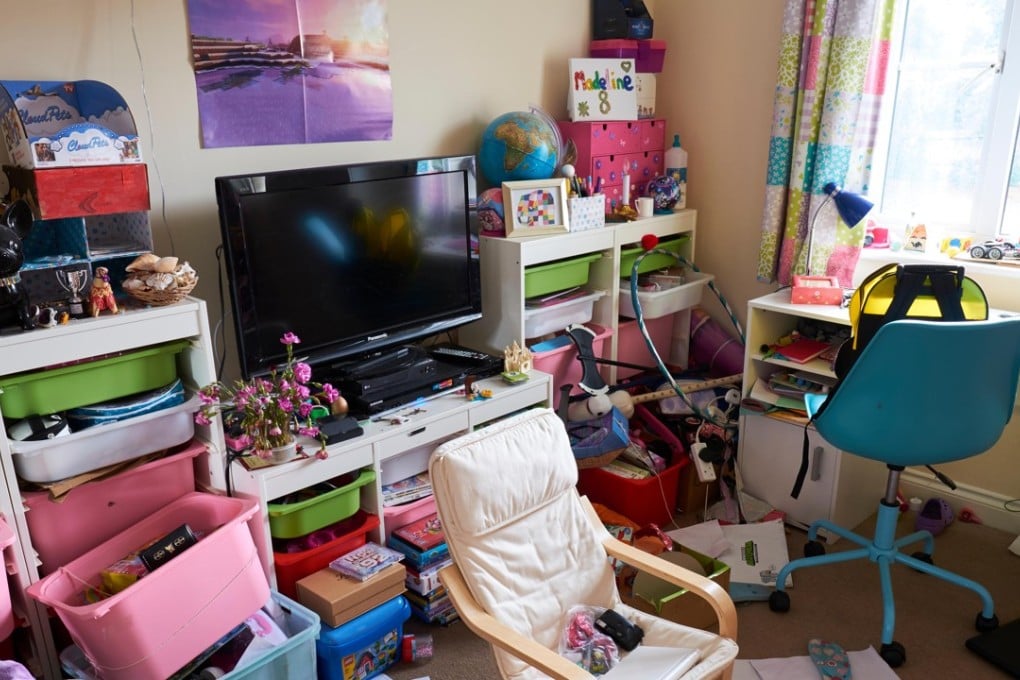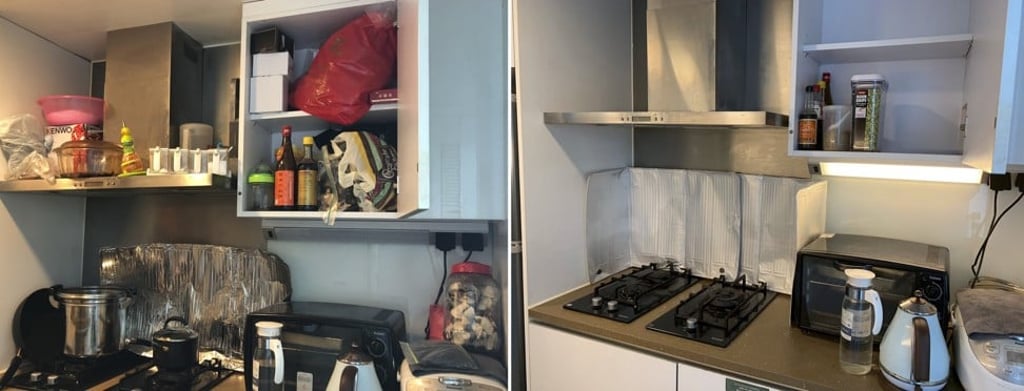The mental dangers of a cluttered home, and how you can avoid the anxiety it causes
- With so many sights, sounds, smells and sensations competing for our attention, it can be a challenge for the brain to process everything at once
- A study shows that a messy home raises levels of the stress hormone, cortisol, in women

Our surroundings have a bigger influence on our mental health than we think. Imagine the difference between living in a messy, disorganised space and an orderly, well-organised one. The first is likely to make you feel overwhelmed, frustrated and anxious, and the second, calm, safe and in control.
There’s a reason why being in cluttered spaces stresses us out. As amazing as it is, the human brain can only take in and process so much information from the external environment. With so many sights, sounds, smells and sensations competing for our attention, it can be a challenge for the brain to process everything at once.
But how is clutter linked to depression? Dr Esslin Terrighena, a psychologist at Mind Balance in Hong Kong’s Central district, says that clutter can make us feel frustrated by the way it invades our home, which, for many of us, is our safe space. However, we also do not know where to start getting rid of the clutter, so we feel helpless and overwhelmed.
If nothing gets done, the clutter builds up, which exacerbates the frustration. In addition, we may feel guilty for accumulating so many items, irritated when we cannot find what we need and waste time searching, trapped as the clutter accumulates, stifled as we cannot find inspiration, and embarrassed when friends see the mess.
“On top of this,” she continues, “our brains are trying to juggle all the stimuli in our environment, making it difficult for us to rest. Having many items around us can enhance our distress by reminding us of all the things we still have not accomplished – not just decluttering itself, but also reading all those books we bought or fixing that chair that broke 12 months ago.”
